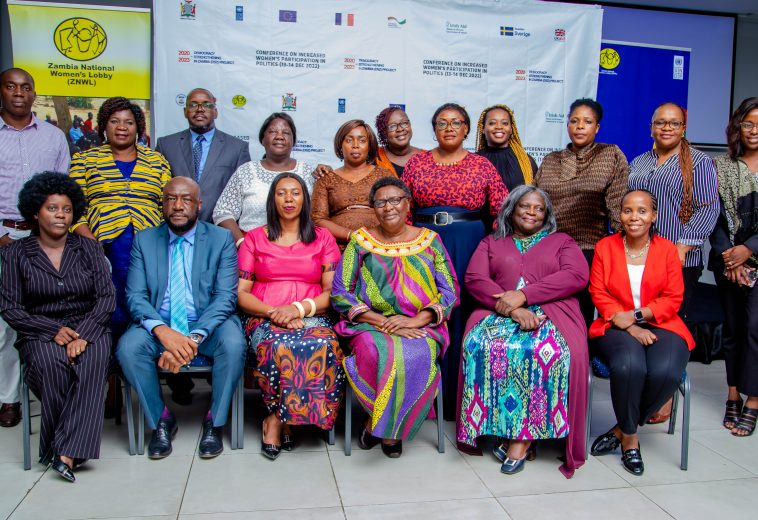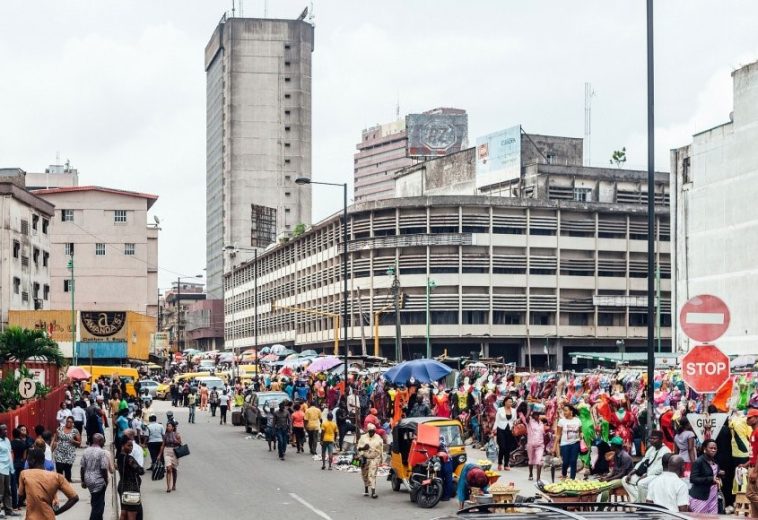Distributing the benefits of economic growth equitably across all segments of society is essential to achieving sustainable development. In line with the United Nations’ Sustainable Development Goals (SDGs), African governments and institutions have made notable progress in prioritising inclusive growth, ensuring that no one is left behind in the process.
Africa’s governments have identified poverty reduction through economic empowerment as a key priority, with a focus on uplifting the poor through targeted initiatives. The African Development Bank’s High 5s Agenda, specifically the “Feed Africa” and “Improve the Quality of Life for the People of Africa” programmes, are instrumental in boosting economic opportunities for disadvantaged communities. To this end, the AfDB has pledged over $10 billion to these initiatives, channeling resources to support smallholder farmers, enhance agricultural productivity, and facilitate access to markets, ultimately improving the livelihoods of millions of Africans.
Investing in education and skills development has been crucial for fostering inclusive growth, and the Global Partnership for Education (GPE) has committed $2.3 billion to support African countries in bolstering their education systems. Governments are prioritising efforts to ensure that all children, particularly girls, have access to quality education. In Rwanda, investment in education has led to increased school enrolment and improved educational outcomes. This aligns with the United Nations’ Sustainable Development Goals (SDG) 4 on quality education and SDG 5 on gender equality.
Healthcare initiatives are a part of inclusive growth strategies, and the African Union’s Agenda 2063 emphasises the importance of improving healthcare access and quality across the continent. Ghana has taken a step in this direction by implementing a national health insurance scheme, allocating approximately $1.5 billion annually to ensure that all citizens have access to affordable healthcare. This initiative aims to reduce disparities in health outcomes, and contribute to a healthier and more productive population.
Infrastructure development is a crucial factor in connecting underserved areas to economic opportunities, and the Programme for Infrastructure Development in Africa (PIDA) has prioritised this objective. By 2023, PIDA had successfully mobilised over $360 billion for various infrastructure projects, including road construction, railway development, and energy initiatives. These investments have facilitated trade, improved mobility, and created jobs, ultimately driving inclusive growth and promoting economic prosperity across the continent.
Promoting gender equality is vital for inclusive growth, and African governments are implementing policies to empower women economically and socially. The African Women’s Leadership Fund, with a targeted allocation of $100 million, aims to boost women’s participation in economic activities and leadership roles. Ethiopia’s commitment to gender equality has yielded significant progress, with increased representation of women in government and leadership positions aligning with the United Nations’ Sustainable Development Goal 5.
READ ALSO: Why Africa is becoming a hub for innovative fashion
In addition, governments across the continent are adopting inclusive economic policies to ensure equitable growth. Nigeria’s Economic Recovery and Growth Plan (ERGP) is a prime example, focusing on diversifying the economy, creating jobs, and fostering inclusive growth. The plan includes measures to support small and medium-sized enterprises (SMEs), promote social inclusion, and provide targeted interventions for vulnerable groups. With an estimated budget of $30 billion over its implementation period, the ERGP is poised to drive sustainable economic development and improve the lives of Nigerians.
The UN’s “Decade of Action” signifies the need for accelerated sustainable solutions to the Africa’s most pressing challenges, including poverty, gender inequality, climate change, and inequality. Ngozi Okonjo-Iweala, Director-General of the World Trade Organisation, emphasises the importance of inclusive economic policies that promote job creation, particularly among youth and women. This includes supporting small and medium-sized enterprises (SMEs), fostering entrepreneurship, and ensuring equal opportunities in the labour market.




